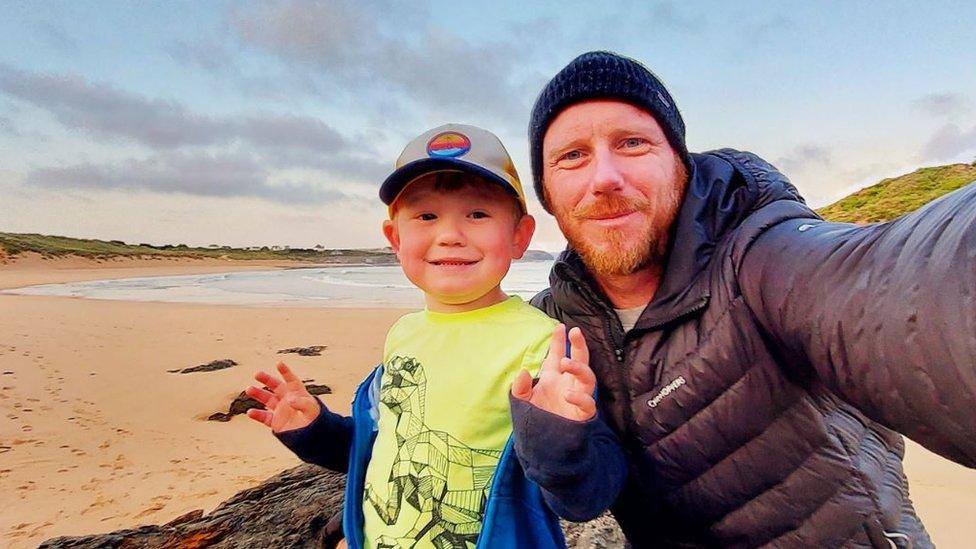Cornwall satellite hotspot idea to avoid tourist crowds
- Published
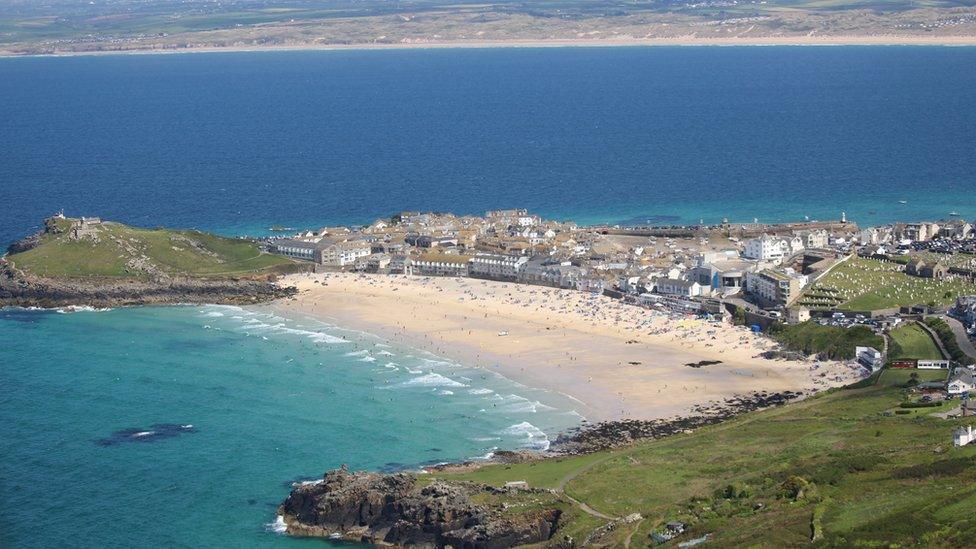
There are calls for technology to show how busy tourist hot spots are
Rural organisations are calling for a "hotspot" system to help tourists avoid overcrowded car parks and beaches in the summer.
Visit Cornwall has suggested satellites could be used to find out which are the busiest car parks and help holidaymakers find quieter spots.
The Country Land & Business Association (CLA) is concerned over the number of people due to descend on Cornwall.
Overuse of hotspots is not enjoyable for visitors, said CLA's president.
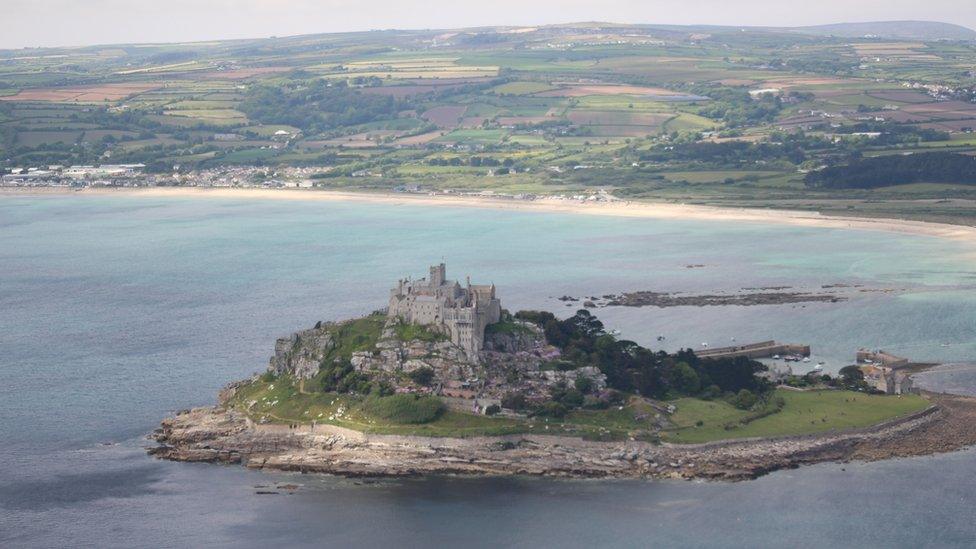
The pilot would not take place until next year
The association said it did not want visitors to have a bad experience by waiting hours to find a parking space when there were none left.
Rupert Hanbury-Tennison, president of CLA's Cornwall branch committee, said if "too may hotspots are being used it's not going to be enjoyable for visitors".
He suggested a live website where visitors could "look at certain sights before they go" to see how busy they were.
Cornwall's tourism boss, Malcolm Bell, said with people unable to travel abroad this year Cornwall would be "more popular than ever".
Visit Cornwall said it was not "publicly" promoting popular places like Porthcurno.
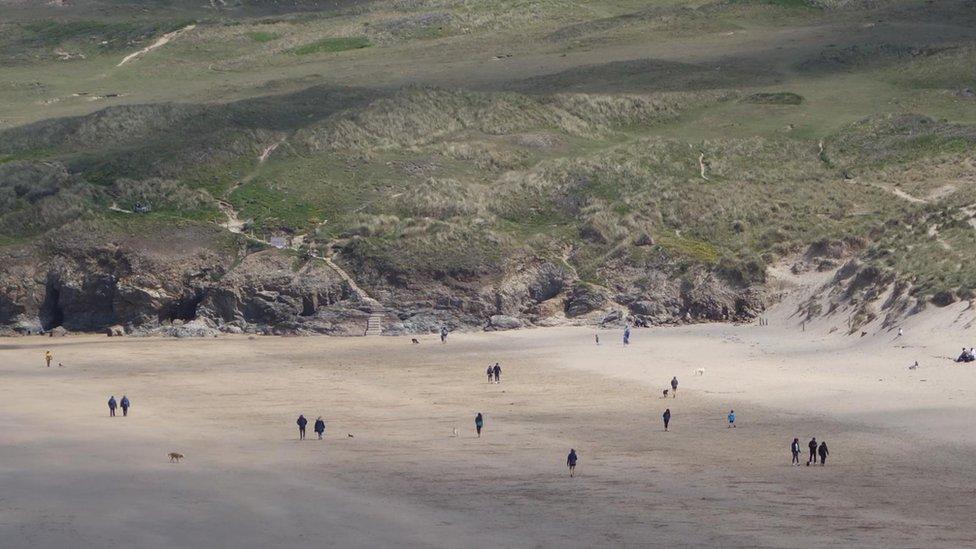
Malcolm Bell said the "Instagram generation" also causes part of the problem
Mr Bell said a pilot of satellite technology would take place next year.
This summer, Visit Cornwall would rely on "traditional means" such as working with the council and the media and asking businesses to suggest less crowded places to visit, he said.
"We have got to try to manage the situation while actually ensuring that people get the best holiday they can - and local people can go out and about as well," he said.
Mr Bell also said the "Instagram generation is what causes part of the problem".
He asked people to show other parts of the county on social media "because it does generate the same response of people wanting to have their Instagram photos taken in the same place and hence overcrowding."

Follow BBC News South West on Twitter, external, Facebook, external and Instagram, external. Send your story ideas to spotlight@bbc.co.uk, external.
Related topics
- Published17 August 2021
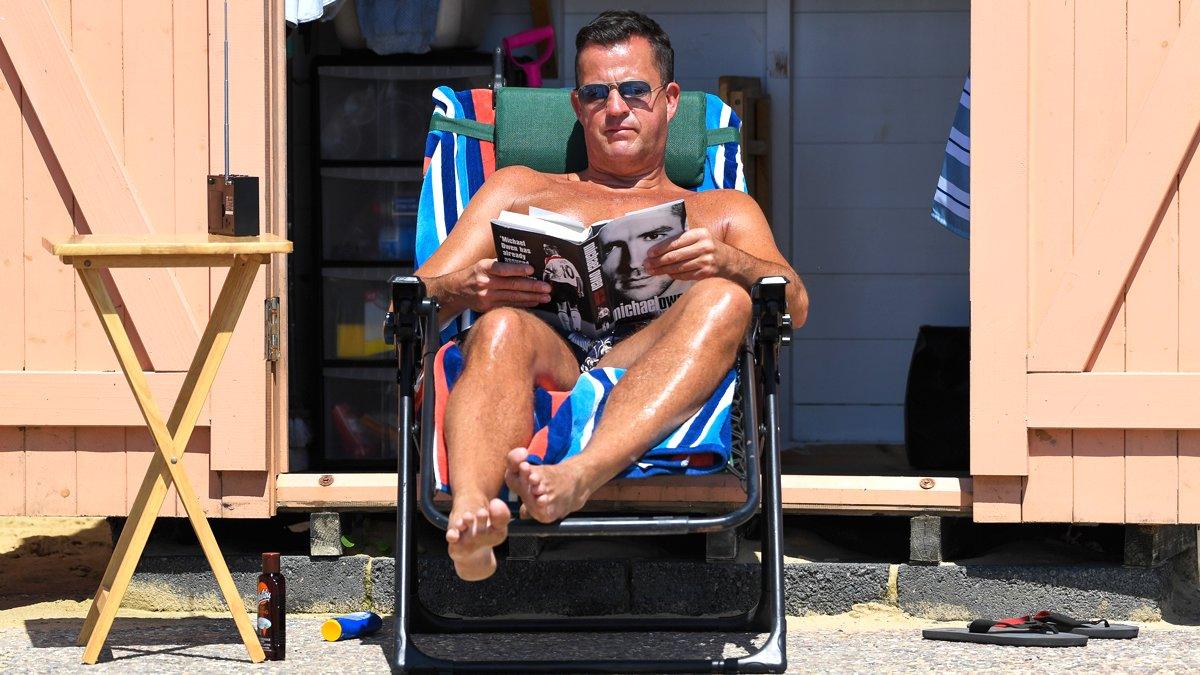
- Published1 August 2020
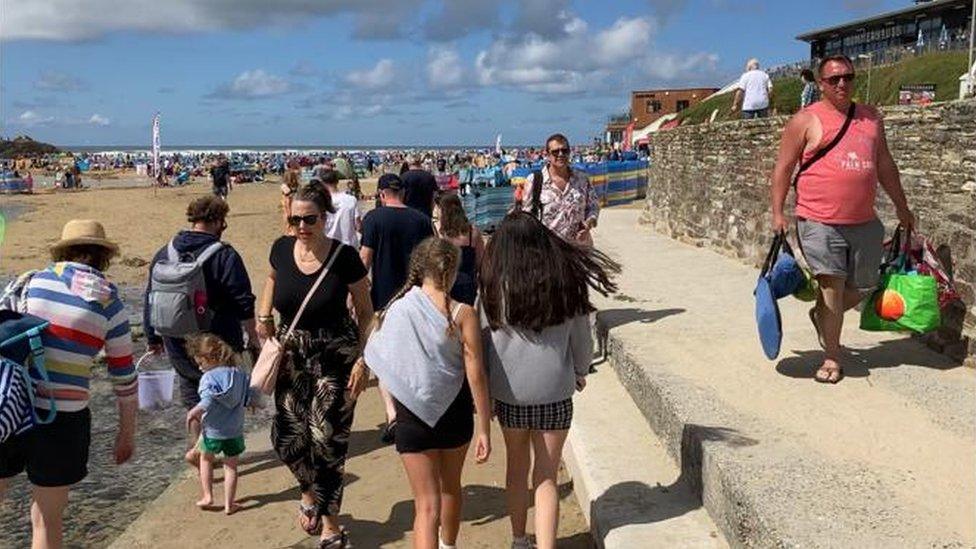
- Published28 July 2020
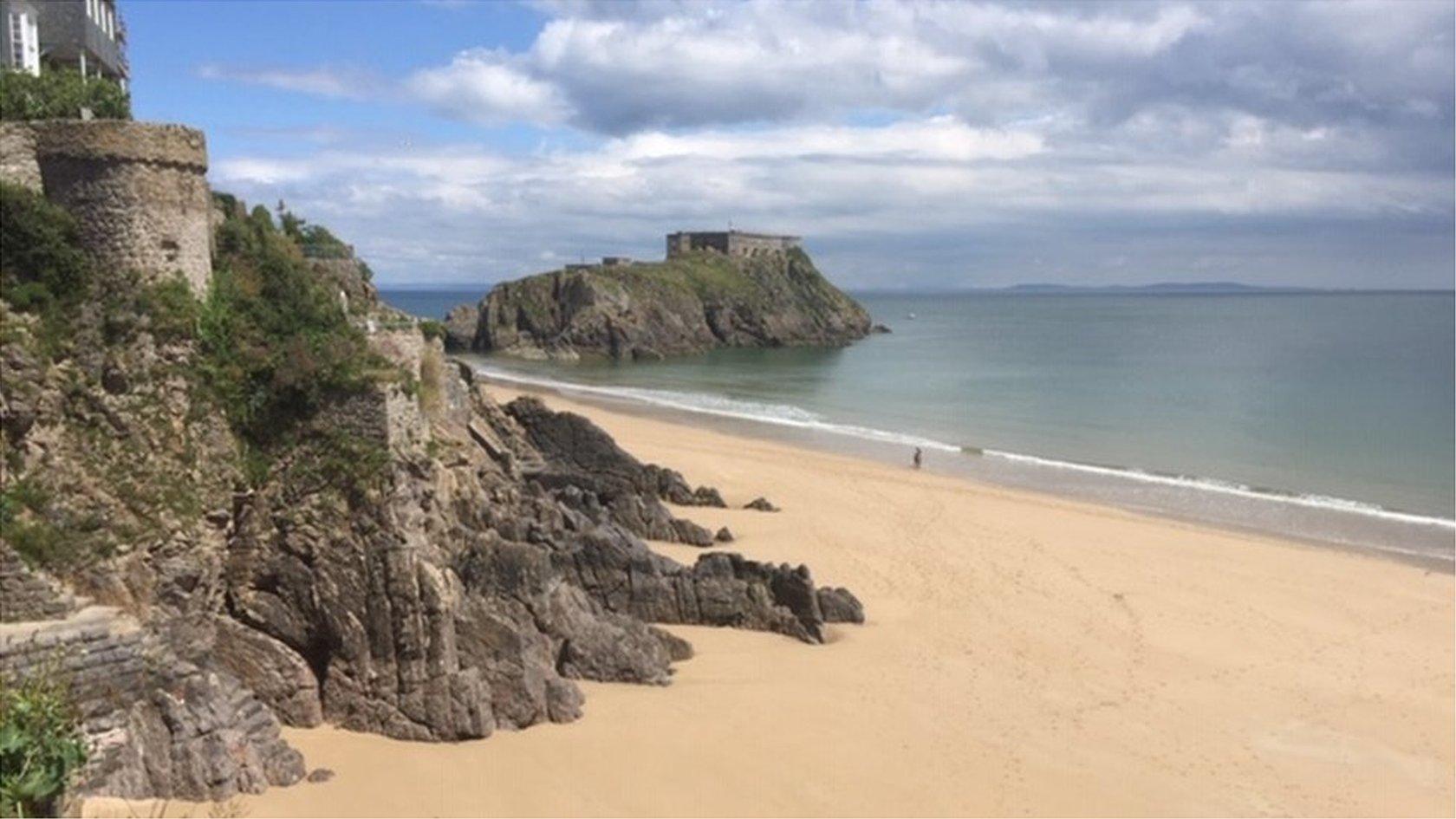
- Published4 July 2020
